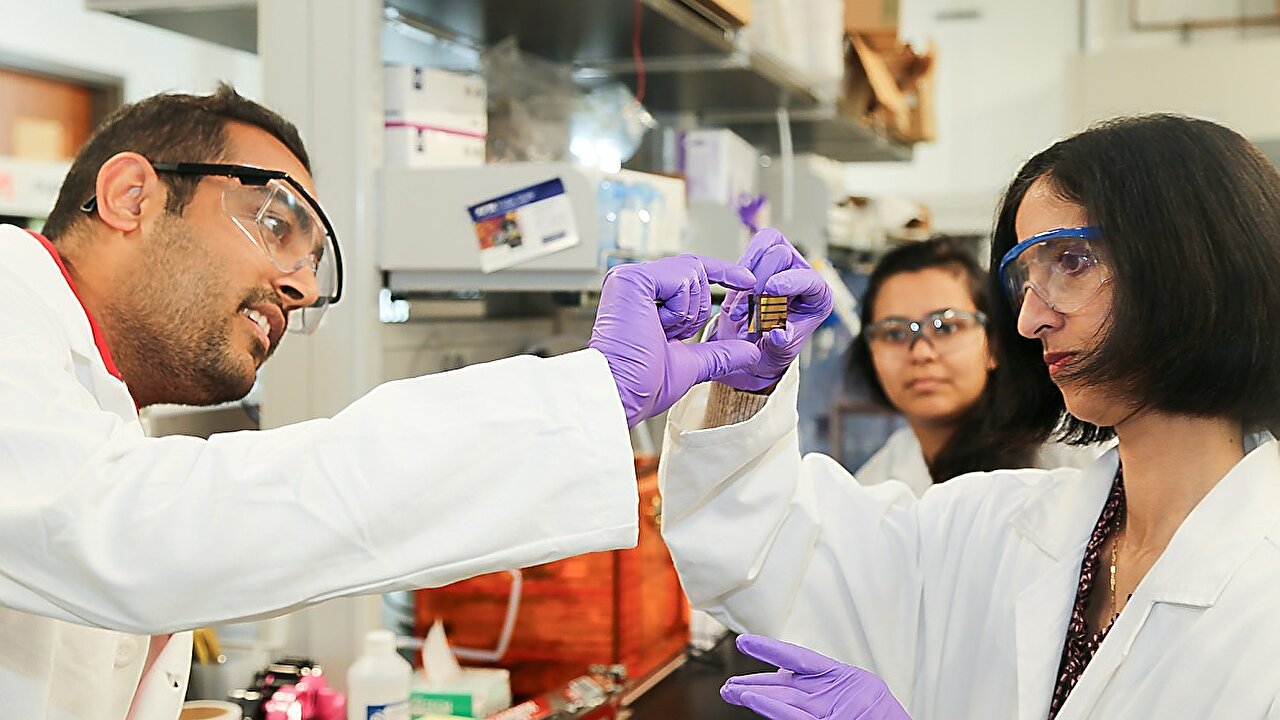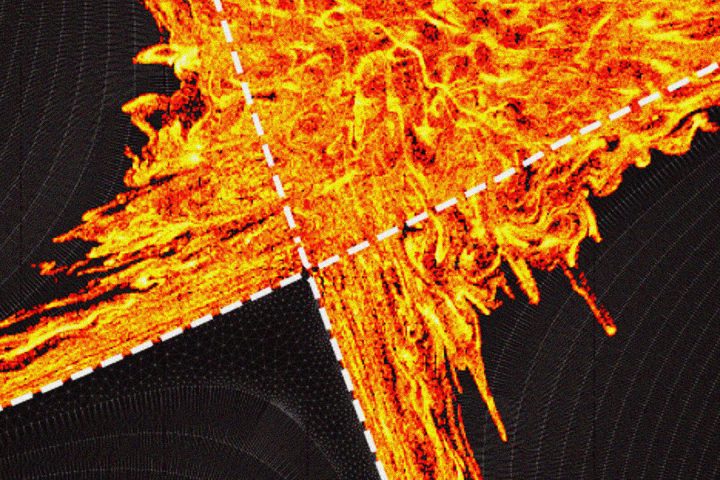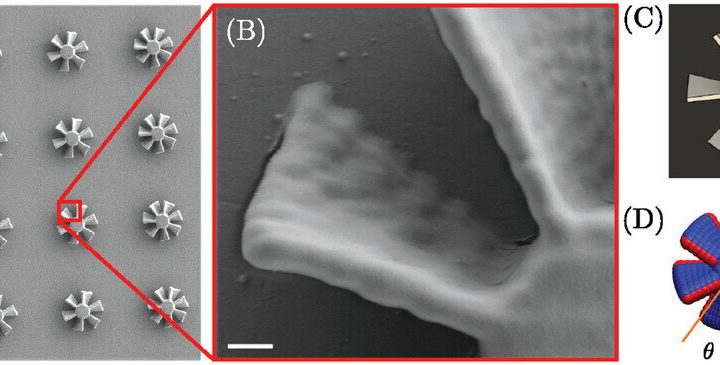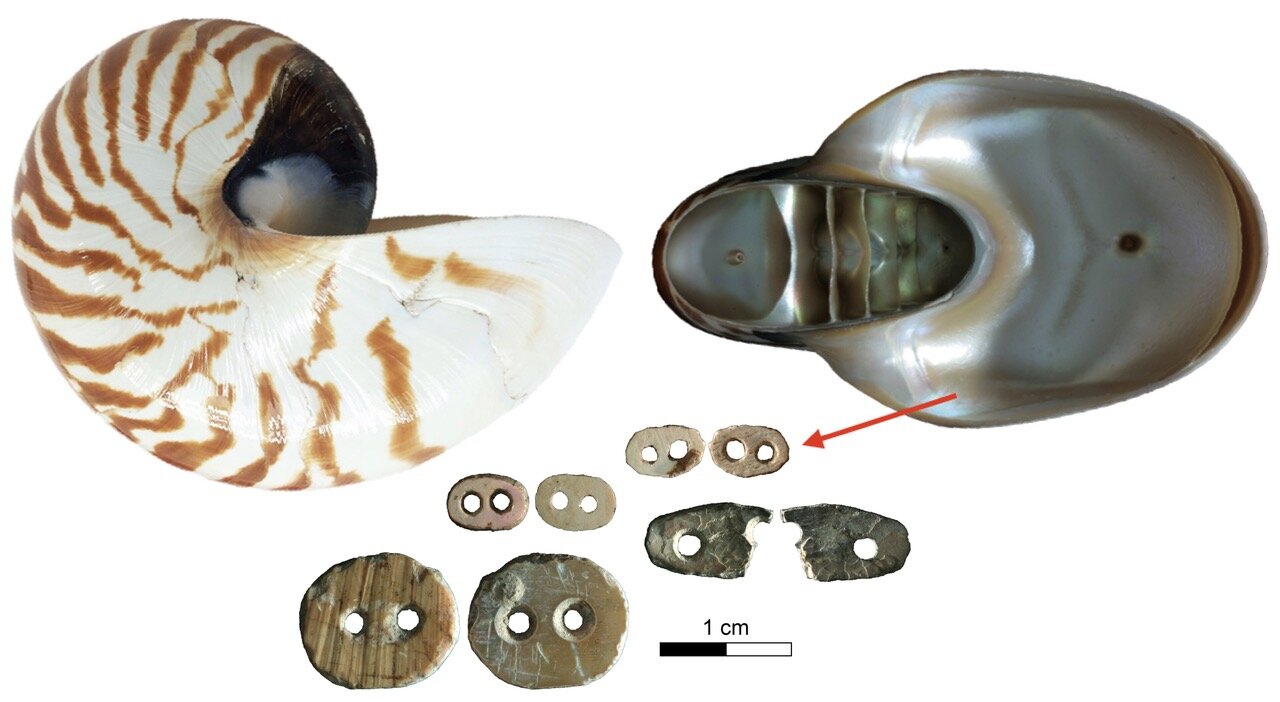A team of brilliant scientists from top bioengineering programs across the nation have developed an exciting roadmap for enhancing diversity among biomedical engineering faculty. Their groundbreaking report, titled “Equitable hiring strategies towards a diversified faculty,” was recently published in Nature Biomedical Engineering. The researchers address the concern that current hiring processes have not been successful in promoting diversity, despite sincere efforts.
The report presents six major steps that deans, department chairs, faculty, and administrators can take to revolutionize their hiring practices. These steps include comprehensive guidelines on search preparation, inclusive interviewing techniques, and effectively showcasing an institution’s commitment to diversity. All recommendations are based on evidence-based best practices and the collective experiences of the authors.
Tejal Desai, the dean of Brown University’s School of Engineering and one of the authors, emphasizes the importance of thoughtful planning and alignment with institutional values. Desai states, “We need to create a holistic process that allows for the evaluation of a diverse set of candidates. We urge the bioengineering community to examine their current practices and consider steps to make the hiring process more transparent and equitable.”
This project originated from BME Unite, a national network of biomedical engineers dedicated to educating themselves on diversity, improving representation, and combating racism in STEM fields. The group has formed subcommittees that have published papers in scientific journals, addressing issues of bias and underrepresentation in academia.
Desai emphasizes the importance of inclusivity, stating, “Only by bringing together bright minds from our entire human population, and not just a slice of it, will we solve the biomedical problems most pressing in our society and world.”
The authors’ primary goal is to encourage practices that actively recruit a more diverse group of applicants and increase the number of Ph.D. graduates from historically underrepresented groups who become biomedical engineering faculty members. Currently, only a small percentage of Ph.D. degrees in engineering are awarded to individuals from underrepresented backgrounds.
The researchers stress the significance of developing consistent evaluation criteria to ensure fair assessment of candidates. They highlight studies that demonstrate how a lack of strict criteria can lead to less diverse hiring. By implementing unbiased practices like evaluation rubrics, the researchers believe that candidates from historically underrepresented groups will have a fair chance.
In addition to finding diverse candidates and using rubrics for evaluation, the researchers suggest creating a supportive culture where faculty members from underrepresented groups can thrive. They also recommend transparent interview processes, collecting independent feedback, and involving students in the interview process to create a comfortable environment for candidates.
The authors acknowledge that not all their recommendations will be applicable to every department or institution. However, they hope that their suggestions will initiate conversations and inspire improvements in the hiring process for biomedical engineering and the broader field of engineering.








